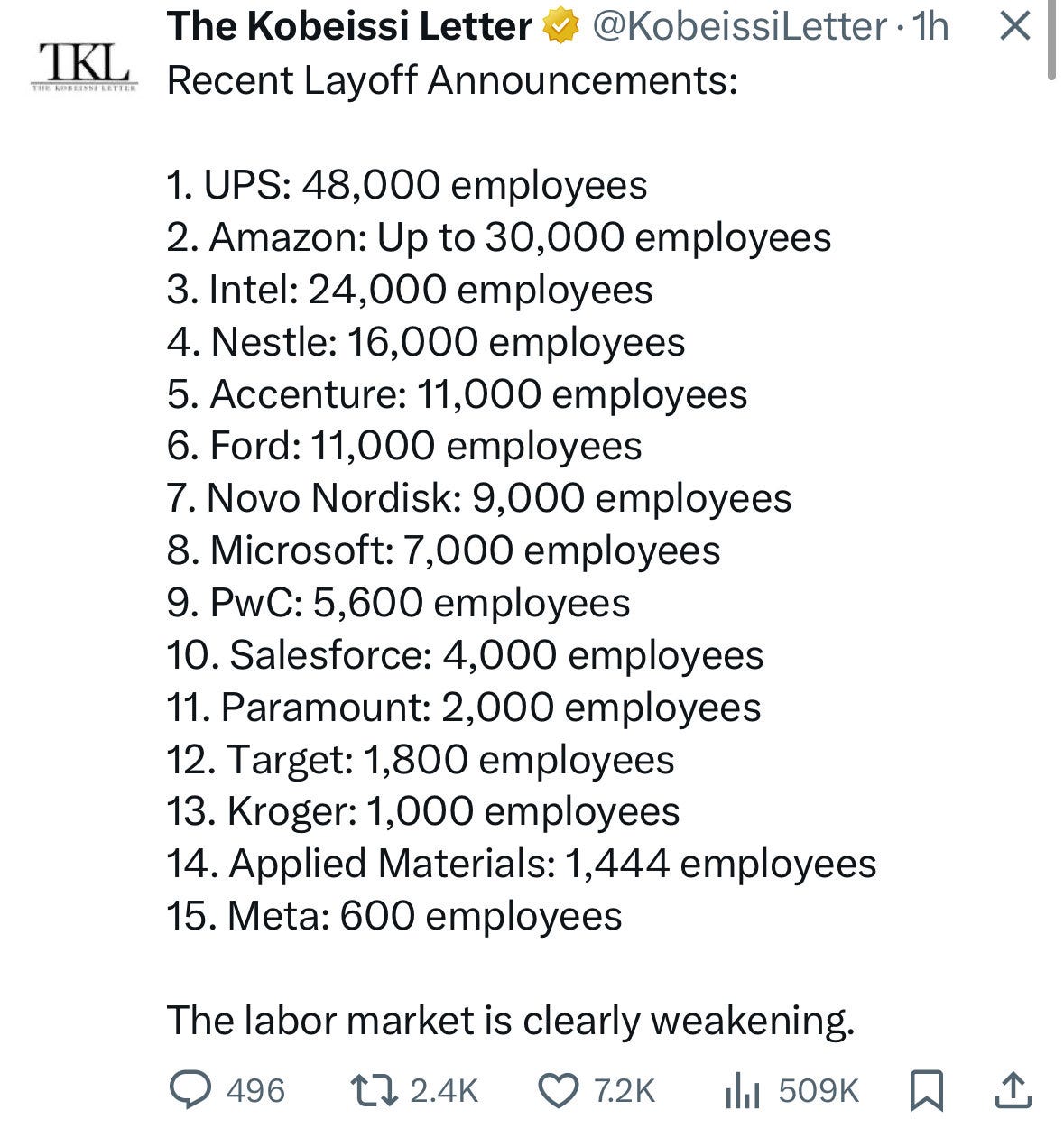Surviving (and Winning) in AI Marketing
The marketing skills and habits that will still matter in in the AI era
This past week, the ‘Great AI layoff’ talk has started to ramp up.
I’ve started to get a lot of emails from marketers asking, “What skills should I master before I lose my job to AI?”
I am writing this out as I have genuine empathy for people who are nervous about their future marketing career.
It’s easy for me to say, all disruption brings opportunity, b…




